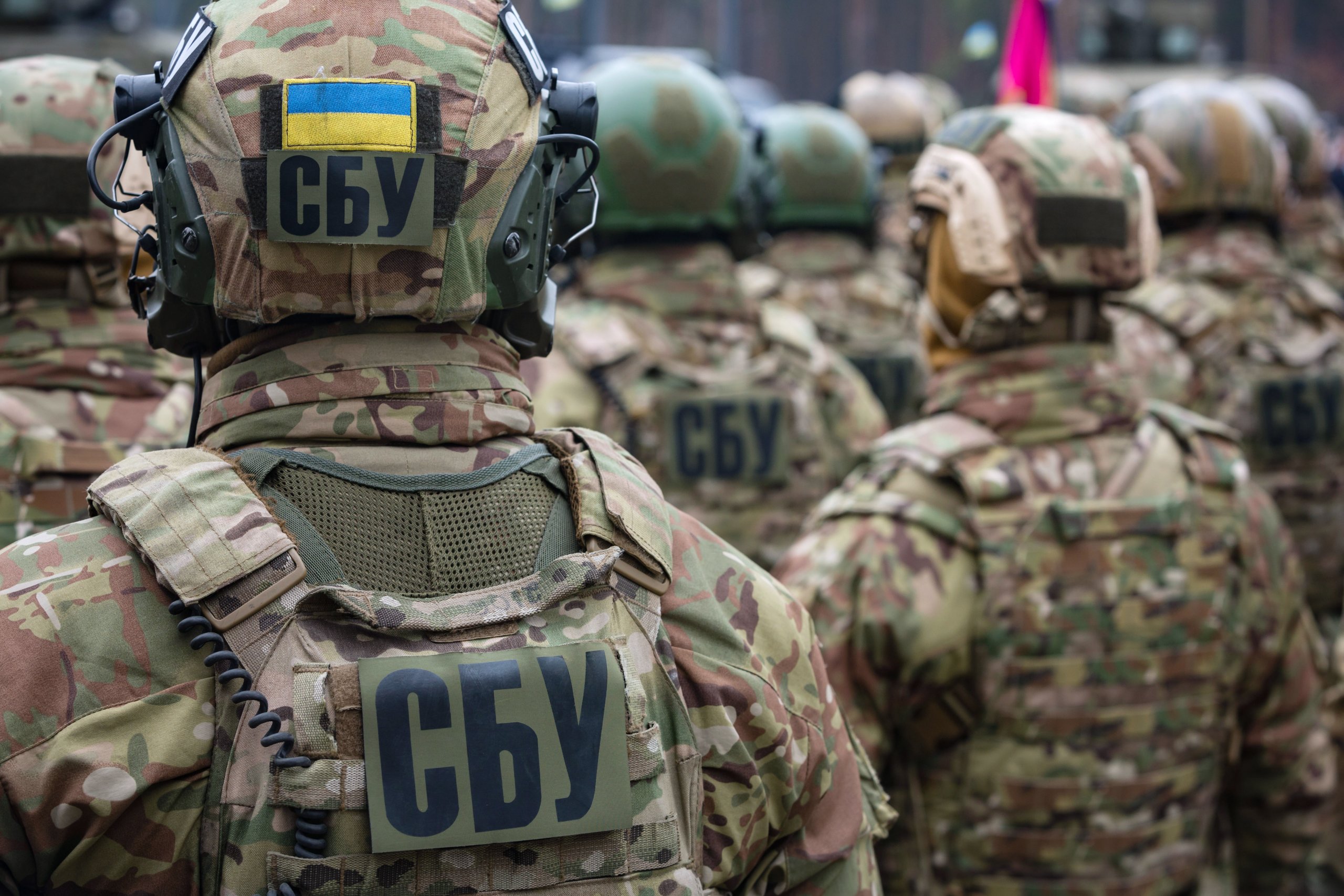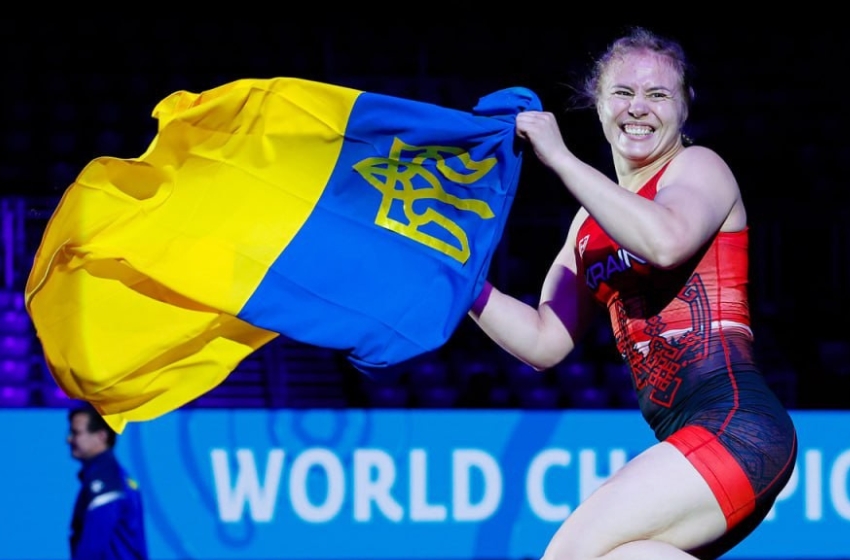The continuing of Russian offensive operations around Bakhmut and Avdiivka, as well as along the Luhansk and western Donetsk front lines, is a further indicator that Putin remains committed to victory in a protracted war whose outcome is determined in large part by military realities on the ground.
These attacks have now become not merely pointless, but actually harmful to Russian preparations for the next phase of this war, which will revolve around the upcoming Ukrainian counter-offensive. Russian forces may or may not be able to drive Ukrainian troops out of Avdiivka or Bakhmut, but they will gain no significant operational advantage from doing either because they lack the ability to exploit such advances. The Russians appear to have little likelihood of making any gains that are even tactically significant in western Donetsk or on most of the Luhansk line—yet attacks in all these areas continue.
Putin’s continuation of these Russian offensive operations in the current operational and strategic context amounts to strategic malfeasance.
It expends scarce Russian combat power in pursuit of operationally meaningless gains rather than setting conditions to receive and defeat a Ukrainian counter-offensive that everyone appears to expect imminently.
Putin’s stubbornness in clinging to these offensive operations could make sense, however, in a protracted conflict during which Western support for Ukraine wanes or ends. Putin might even mean these operations to set conditions for a negotiated settlement on terms he has already articulated that include international recognition of Russia’s annexation of all of Donetsk, Luhansk, Zaporizhia, and Kherson oblasts; Ukrainian “neutrality;†the “de-militarization†of Ukraine; and the “de-Nazification†of the Ukrainian government.
He may be pressing his commanders to continue attacks that are increasingly pointless in the short term because he recognizes that he can only hope to make good his claims to unoccupied areas of the four oblasts he has annexed if his forces actually take them. He may, in this sense, indeed be seeking to set conditions for a negotiated settlement. In that case, however, it becomes apparent that he must still believe that he can impose his desired resolution of the conflict on Ukraine and the West by military force—or by convincing Ukraine to surrender—and that he is unwilling to accept a resolution short of his stated aims (which include territories that Russian forces do not yet control) at this time.
A successful series of Ukrainian counter-offensives, not just one, is thus almost certainly necessary but not sufficient to persuade Putin to enter negotiations on terms other than the achievement of all of his stated objectives.
Ukrainian forces must show that they can do what Russian forces cannot, namely change the realities on the ground through military action. They must further damage Russian military power in Ukraine to the point at which it becomes clear to Putin and the inner circle that supports him in this war that the Russian armed forces cannot hope to improve the outcome of the war by continued fighting.
Multiple major Ukrainian operational-level victories are therefore likely essential to creating any prospect of a negotiated settlement of the current conflict or forcing Putin to accept unfavourable military realities absent a formal settlement.





















